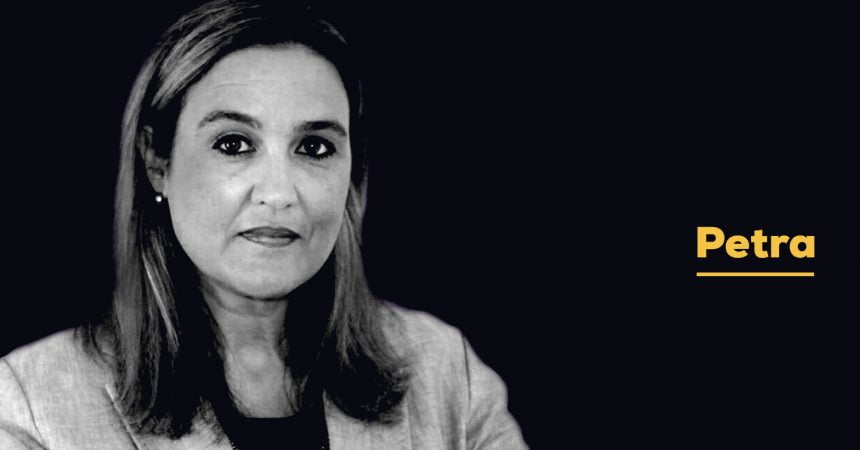Loud street protests are all over the news. People were out marching, demonstrating against governments. Peaceful protests in Hong Kong have been going on for months but have become increasingly complex and violent. Partly, the protests there are calling for greater democratic freedoms.
Closer to home, tens of thousands of demonstrators took to the streets all over the UK last week, protesting against Boris Johnson’s decision to suspend parliament.
The UK protests aimed to uphold the proper functioning of parliament. People demanded that MPs be allowed to speak and act, as their representatives, against what they viewed as bullying tactics by the government executive. The protesters marched to defend democracy and debate.
The UK protests were named ‘Stop the Coup’. As Guardian columnist Zoe Williams wrote, reflecting the sentiments of many: “The executive has moved against the parliament. […] To watch it happen and accede to it with silence would be unpatriotic, an act of bad citizenship.”
Yesterday evening, backbench MPs then voted to take control of parliamentary time to avoid a no-deal Brexit, putting the national interest before partisan interest. This included influential Conservative MPs like Kenneth Clarke, Dominic Grieve and Nicholas Soames. They will not be bullied. The UK parliament will have its say.
For wholly different reasons, a national street protest will be held in Malta this Saturday. In this case, the protest is against excessive and haphazard construction, described as “the madness consuming our country”.
This protest is named ‘Iż-Żejjed kollu Żejjed’ (too much is too much). People are frustrated at the relentless and indifferent construction going on everywhere. The environmental mess and congestion are visible and distressing.
I hope that the protest will be well attended and achieve its aims. Many NGOs are supporting it and participating. People are distressed by the growing environmental disaster.
The motives and causes of the protests in Malta and the UK are entirely distinct. In both, however, one common sentiment is disillusionment with politics and politicians.
But there are also some telling differences, which lie at the heart of our political systems.
The ‘Stop the Coup’ protests in the UK aimed to empower MPs. People were defending the rights of backbench MPs to participate in decision-making. They wanted their MPs to represent them, to speak out, to precipitate change, to exert some control over the executive. MPs were at the forefront of the protests.
In Malta, on the other hand, the protest is intentionally excluding all MPs and any groups affiliated to political parties. The organisers have specifically stated that politicians are not welcome.
This points towards a deep political malaise in this country.
It is significant that MPs, who are Maltese citizens and the elected representatives of the Maltese people, are not wanted by their own constituents at a national protest. They are excluded, even if they genuinely share the same worries and want to join in. This also applies to Opposition or government backbenchers, whose parliamentary role it is to keep an eye on the executive and hold it to account.
Surely there are some politicians who genuinely have the environment at heart? The smaller political parties, for example, Partit Demokratiku and Alternattiva Demokratika, have tried to put green issues at the core of their politics.
But people here seem to have lost hope that any of our MPs can rise above partisan squabbling and posturing, or take a meaningful stand about anything. This is as worrying as the environmental problems which are the focus of the protest.
Scrutinising the executive is one of the core functions of parliament. In truth, when was the last time that a government backbencher showed any form of real dissent or criticism of government action? All they do is parrot the government line like robots.
Moreover, practically all government backbenchers have been given additional public service positions and extra remuneration to go with it. If they speak out, they have something more to lose. A silent coup has taken place on our backbenches.
The ineffectiveness of the main Opposition Party leadership compounds the problem. A silent coup has taken over that side of parliament too.
A lack of accountability exists across the board. So many scandals over the years, big and small, have resulted in nothing. They just go up in smoke. Questions are left hanging, answers are unsatisfactory, and information is denied.
With her large readership and hard-hitting comments, journalist Daphne Caruana Galizia demanded accountability. But she is now dead, and the government tirelessly tries to erase her memory. Every day, staff are paid to sweep up her makeshift memorial in Valletta outside the law courts.
People will take to the streets of Valletta on Saturday morning, meeting outside the parliament building. The streets will be filled with noise. But inside the building, a silent coup has already taken place.












